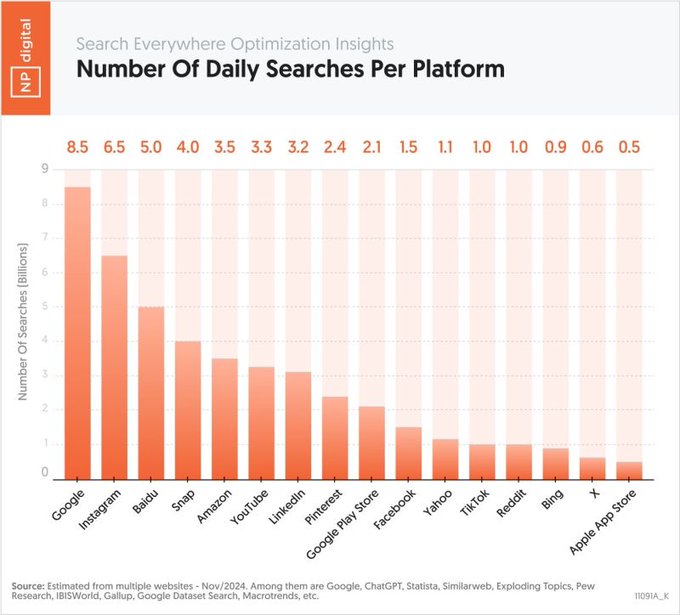In a world where consumers are bombarded daily with hundreds of advertisements, how do some brands manage to create fanatical loyalty, while others are ignored?
It’s not just about huge budgets or the creativity of advertising spots. The key lies in something much more subtle: the Consistency principle, formulated by Robert Cialdini, one of the most influential psychologists of persuasion.
This principle says simply: people will do almost anything to remain consistent with their self-image. Once they publicly declare that they are a certain way, their actions will follow that declaration – whether they are aware of it or not.
Now, what does this have to do with marketing? Everything.
The 500 Million Dollar Dog Food Company That Tripled Its Sales with a Simple Psychological Trick.
- Campaign A: “Human-grade ingredients, superior nutrition, healthier puppies!”
- Result: 3% conversion rate.
- Campaign B: “Take this quiz and find out if you’re a good dog owner.”
- Result: 5% conversion rate.
Same product, same price, same audience.
No traditional message had any impact:
- “Natural ingredients!”
- “Quality comparable to human products!”
- “Healthier for the dog!”
Total boredom.
Campaign C completely changed the approach.
Instead of selling dog food, it sold an identity.
It built a quiz: “Are you a good dog owner?”
- “What’s your dog’s name?”
- “Do you love [dog’s name]?”
- “Do you care about his health?”
- “What do you feed him?”
The results?
- Acquisition cost reduced by 70%
- Click-through rate doubled
- Conversions exploded
It’s a simple but extremely powerful lesson.
Why? Because people don’t buy products, they buy a confirmation of who they are.
- Tesla doesn’t sell cars.
- Nike doesn’t sell shoes.
- Apple doesn’t sell phones.
These companies don’t rely on promotions or discounts. They sell an identity that their customers want to be associated with.
- Tesla doesn’t sell electric cars – it sells the vision of a sustainable future.
- Nike doesn’t sell sneakers – it sells the “Just Do It” mentality.
- Apple doesn’t sell phones – it sells status and creativity.
This is why someone will stand in line for hours for an iPhone, but not for a phone half the price with the same specs. Identity consistency is more powerful than any technical specification.
6 Psychological Principles That Sell More Than Any Ad
Robert Cialdini formulated six principles of persuasion, but if you have a business, you need to understand them not just as “marketing theory,” but as psychological weapons.
- Reciprocity – People feel obligated to give back
- If you offer something for free, people feel obligated to reciprocate.
- Example: A restaurant that offers free appetizers gets 17% higher tips.
- In marketing: If you have a business, offer an eBook, a guide, a free test – and people will feel they “owe” you a purchase.
- Consistency – People want to be perceived as consistent
- If you get people to make a small commitment, they will remain loyal to that commitment.
- Example: An organization managed to increase by 400% the number of people who put “Drive safely” signs in their yards, asking them a few days before to sign a minor petition about road safety.
- In marketing: If you make people declare that they care about their health, environmental protection, or their children’s education, they will be more likely to buy products that support those values.
- Social Validation – People follow the herd
- If you see a full restaurant and an empty one, where will you go?
- Example: Amazon uses “Bestseller” and “X people bought this product today” to boost sales.
- In marketing: Testimonials, case studies, figures (“Over 100,000 satisfied customers”) – all of these build social validation.
- Authority – People listen to experts
- If a doctor says a product is good, you will believe it faster than if you see it in an advertisement.
- Example: People are 34% more likely to follow health advice if it comes from someone in a white coat.
- In marketing: If you want to sell, associate with recognized industry experts.
- Preference – People buy from brands they like
- Aren’t you the cheapest? Don’t you have the most features? It doesn’t matter. If people like you, they will buy from you.
- Example: Influencers increase sales because people feel emotionally connected to them.
- In marketing: Personal branding is more important than ever. Show authenticity, be relatable, and people will buy from you because they like you, not because you have the best product.
- Scarcity – If something is hard to get, it becomes more valuable
- When you see “Limited Stock” or “Last 2 places available,” you feel the need to act.
- Example: When British Airways announced it would stop Concorde flights, demand for tickets exploded, although the price remained the same.
- In marketing: Use “limited offer,” “only for the first 100 customers,” or “special price until ” to stimulate action.
How MedMarkUp Applies These Principles?
At MedMarkUp, we don’t do marketing just for the sake of marketing. We apply real psychology to turn sales into predictable science.
When we build campaigns, we don’t sell products – we sell identities.
We don’t ask for conversions – we create contexts in which people choose to buy.
We’re not just creative – we’re strategists of human psychology.
If your brand isn’t selling as it should, you may have a good product, but the wrong strategy. Let’s change that.





